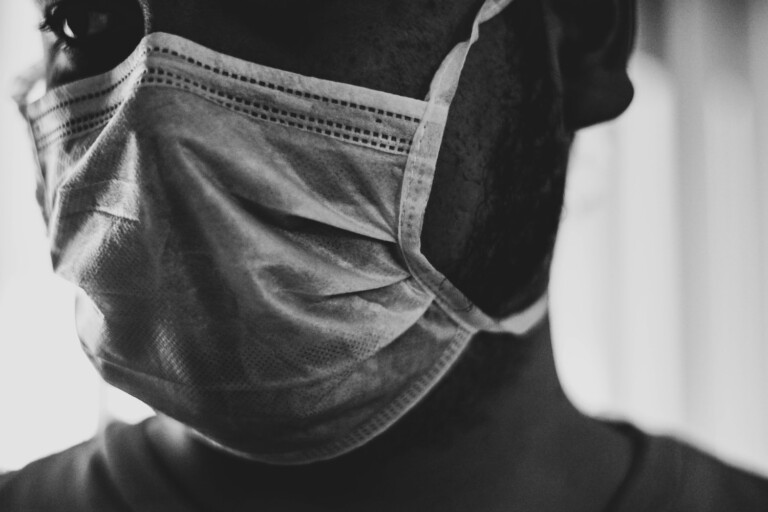While employer liability for alcohol consumption is not limited to the festive season, it is during this time of year that employers are more likely to host events at which alcohol is served to employees. The purpose of this article is to remind employers of potential liability relating to alcohol consumption by employees, and to provide some guidance on how to minimize that liability.
By now, most employers know that if they wish to host social events at which alcohol is served, they have to take steps to ensure that their employees make it home safely and do not injure others in the process. Failure to do so can result in claims from employees or third parties that the employer failed to meet the standard of care required of social hosts or occupiers of premises in which the alcohol is served.
(a) Liability as a Host
Social host liability arises when an employer is sued just because they supplied alcohol, regardless of the location in which the alcohol is being served.
The most well known case regarding social host liability is Jacobsen v. Nike Canada Ltd., 1996 CanLII 3429 (BCSC). In that case, the plaintiff and several of his colleagues, all employees of Nike, went from Port Moody to Vancouver to set up a display for their employer, Nike. Towards the end of their 16 hour workday, the supervisors brought in food and beers for the employees. The plaintiff drank at least eight beers at the location at which he was working and then went to a bar where he drank some more beer. While driving home, he fell asleep and met with an accident which rendered him a quadriplegic. Even though the plaintiff had consumed all of the alcohol voluntarily and had consumed beers outside of the “worksite”, the court held that Nike was 75% responsible for the plaintiff’s injuries. It made the decision based on the fact that Nike had a common law duty to take reasonable care for the safety of its employees to get home safely after finishing work at a location that was not their regular work place, and especially because it had supplied the initial eight beers the employee had consumed.
In 2010 there was a new case which illustrates the potential liability of ‘social host’ employers: Danicek v. Alexander Holburn Beaudin & Lang, 2010 BCSC 1111. In this case, Danicek, an articling student at the law firm Alexander Holburn, was injured while attending a dinner held by the law firm at a local restaurant. At the dinner, alcohol had been served and consumed by Danicek and her colleague, Poole. When the dinner ended Danicek and Poole went with other colleagues to a nearby night club, Bar None, at which more alcohol was consumed. While dancing, Poole fell onto Danicek who then fell and hit her head on the dance floor. While the issues in this case are complex, of note is the fact that one of the claims was against Danicek’s employer who supplied the alcohol consumed by Danicek and Poole at the dinner. The employer ended up settling out of court. The tragedy of the case is that this articling student suffered a brain injury and apparently is unable to pursue her intended legal career.
(b) Liability as an Occupier
Occupiers liability arises when an employer is found liable for injuries that occur at the workplace or on property that they may rent for the purpose of holding a party. Because of the broad definition of an “occupier”, this means that an employer who hosts a party at the employer’s home could also be liable if injuries occur based on the condition of the premises, the conduct of the people on the premises and/or the activities conducted on the premises. While employers are well aware that they are required to provide a safe workplace, it is easy to forget that this obligation extends to non-typical events such as employer sponsored parties.
Tips to Minimize Liability
- Have written policies governing alcohol use at all company events and activities and ensure that these are brought to the attention of employees periodically.
- Don’t organize or allow dangerous events or activities such as drinking contests on company property.
- Hold your event at a licensed establishment with servers trained to monitor alcohol consumption. If this is not possible, and you are hosting a party on your property, hire trained servers and staff to run the event.
- If you are hosting the event on company property or premises that you control, appoint responsible individuals to monitor alcohol consumption at the event.
- Don’t allow drinking to be the focus of an event.
- Have sufficient food and non-alcoholic beverages available.
- If you are providing alcohol, serve limited drinks rather than having an open bar.
- Stop serving alcohol long before the event is to end.
- Don’t provide or permit alcohol to be given to a person who is or may be intoxicated, and ensure that this is enforced regardless of the person’s rank in the organization.
- Have a plan in advance to ensure that all guests who may consume alcoholic beverages can get home safely. For example, give your employees taxi chits or arrange a limousine service; if the event is at a hotel, arrange for hotel rooms at a reasonable rate.
Employers host holiday parties for their staff in order to thank them for their efforts over the year, and to build on collegiality and work relationships. Taking some of these simple steps to manage potential risks surrounding alcohol consumption will help ensure that these parties are successful.


